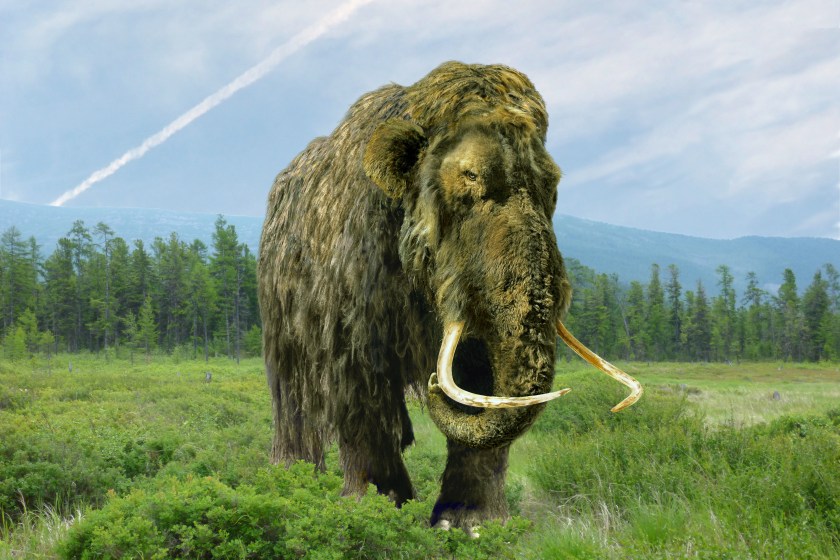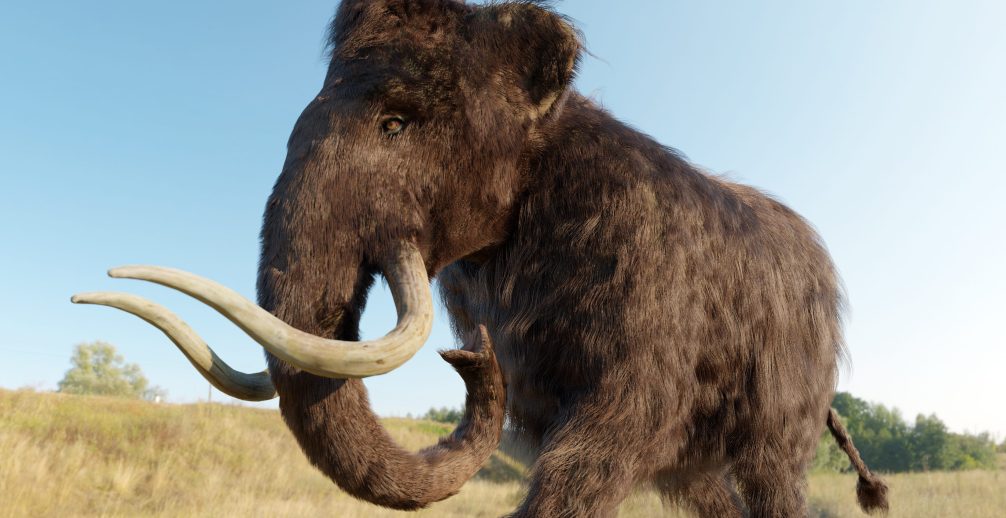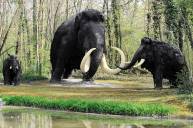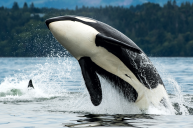Any Jurassic Park fan takes heart in the fact that the book and films are works of science fiction, and we won't be running from hungry velociraptors or majestic titanosaurs any time soon. However, one company has been hard at work to prove the concept of "de-extinction" may become a reality for one prehistoric animal: the wooly mammoth.
This week, Colossal Biosciences announced a breakthrough in its mission to reprogram elephant cells, which it says may bring about the creation of a mammoth-like creature as soon at 2028. The Dallas-based firm, which dubs itself "the world's first de-extinction company," has been researching the reintroduction of the wooly mammoth through the use of iPSCs, or induced pluripotent stem cells, which are similar to stem cells in that they can specialize to become any cell in the body and can indefinitely propagate.
In the 2000s, scientists figured out how to take already specialized cells and chemically convert them into cells that behaved like stem cells, the so-called iPSCs. From there, the iPSCs could be reprogrammed into other types of cells by introducing the chemicals that naturally occur to tell an embryo's stem cells what to become. The process worked well with iPSCs from humans, birds, big cats, and monkeys. However, elephant cells were not responding well.
"In the past, a multitude of attempts to generate elephant iPSCs have not been fruitful. Elephants are a very special species, and we have only just begun to scratch the surface of their fundamental biology," said Eriona Hysolli, head of biological sciences at Colossal Biosciences, in the press release.

Getty Images, aleks1949
The hope is that the large species would add to biodiversity and help other species that may be struggling to overcome current climate changes. Colossal also wants to use its research to help elephant populations.
"We are most excited to use the cells we have developed to grow elephant gametes in a dish," said team lead Evan Appleton. "While elephants have been a challenging species, this has been an incredibly unique opportunity with so much to learn and share now and in the near future."
Plenty of work remains to be done, including cell maturation, which in and of itself takes longer for elephants, and the use of iPSCs for the establishment of synthetic elephant embryos.
"This is a momentous step, with numerous applications, that we are proud to share with the scientific community," said Ben Lamm, Colossal Biosciences co-founder and CEO. "Each step brings us closer to our long term goals of bringing back this iconic species."
In addition to the mammoth, the company has de-extinction projects in the works for the Tasmanian tiger and the Dodo bird.




